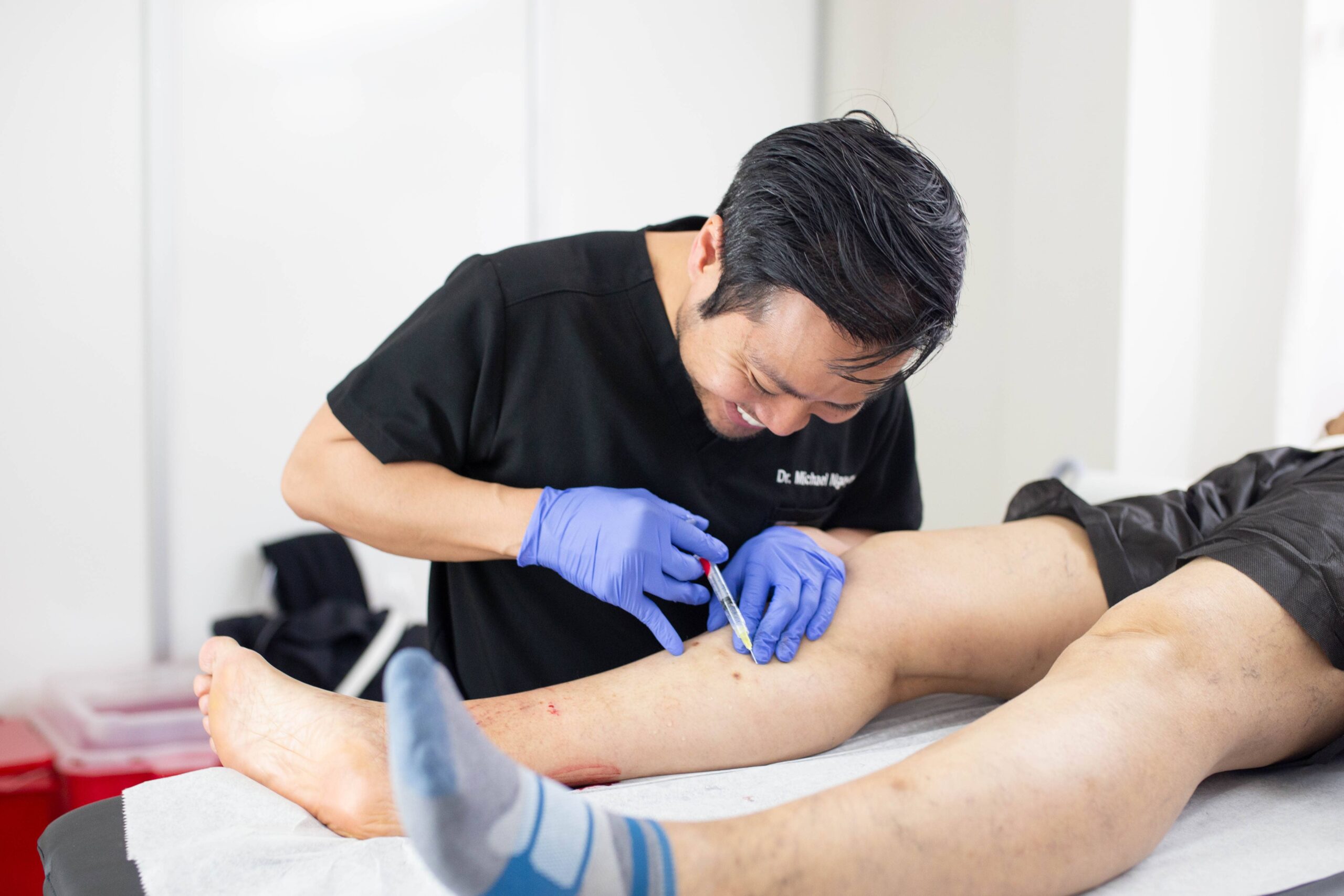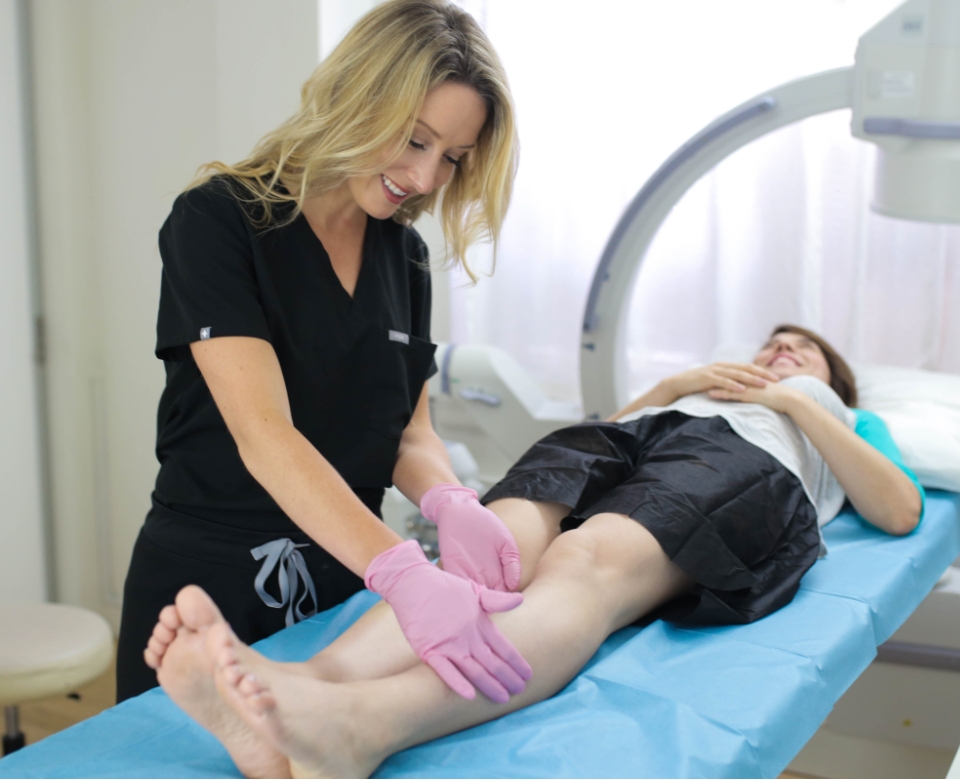Large, bulging veins called varicose veins frequently appear on the legs and can occasionally be uncomfortable. You might be unsure of whether to visit a dermatologist or vascular expert if you have varicose veins. You have thought about what type of doctor treats varicose veins? Well, that depends on your particular circumstance.
Seeing a Vascular Specialist
What They Do
Doctors who specialize in blood vessels and circulation are called vascular specialists. They are specialists in identifying and managing ailments affecting your veins and arteries.
When to See Them
Severe varicose veins: A vascular specialist should be consulted if your varicose veins are causing a lot of pain, swelling, or skin changes like ulcers. To assist with these more significant problems, they might provide therapies like vein stripping or endovenous laser therapy (EVLT).

Family History: It is advisable to consult a vascular specialist for an evaluation if you have a history of vascular issues in your family, particularly if a close relative has had blood clots or deep vein thrombosis (DVT). They can evaluate your risk factors and offer prevention advice.
Consistent Symptoms: If your varicose veins are still giving you trouble despite trying home remedies like elevating your legs and using compression stockings, it's time to see a vascular specialist. They can look at alternative forms of treatment.
Bulging Veins: If the varicose veins in your legs are really large, bulging, or rope-like, this may be a sign of more serious vein problems. The optimum course of action can be decided by a vascular specialist.
Seeing a Dermatologist
What They Do
Dermatologists are medical professionals who focus on skin conditions. They are qualified to identify and manage a variety of skin disorders.
When to See Them
Skin Ulcers: Varicose veins can occasionally cause skin ulcers. A dermatologist can offer the essential wound treatment if you have an open sore on your skin that won't heal.

Cosmetic Issues: A dermatologist can provide cosmetic treatments if your major concern with your varicose veins is their appearance, and they aren't causing you any significant pain or discomfort. In order to improve the appearance of your veins, they could use operations like sclerotherapy or laser therapy.
Skin Changes: A dermatologist can inspect your skin and recommend the best therapies if you see changes in your varicose veins' surrounding skin, such as discoloration or irritation.
Dry or itchy skin: If varicose veins are causing your skin to be itchy, dry, or discolored, then you should consult a dermatologist, They may assist you in treating the skin-related signs.
In Conclusion
A vascular specialist is the best choice if your main problems are edema, discomfort, or the common health of your veins. What are the treatment options for varicose veins? Always pursue advice from your prior care physician first since they can suggest you to the proper expert depending on your particular needs. To maintain your general health and well-being, keep in mind that varicose vein troubles must be treated right away.






